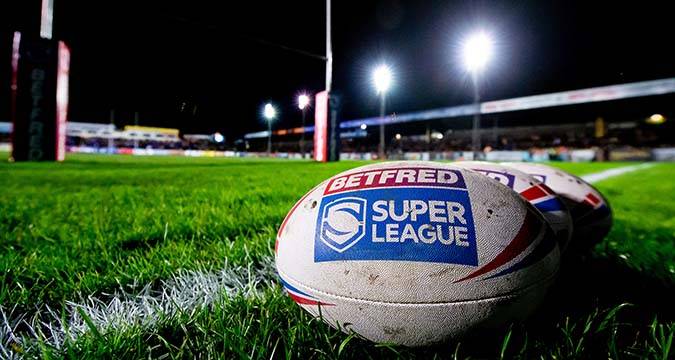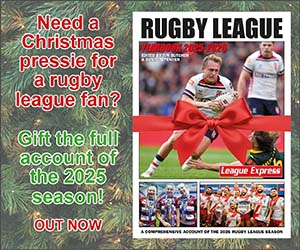 SUPER LEAGUE'S creation in 1996 brought with it a whole host of new rules, regulations and expectation.
After the video referee was used for the very first time in the 1996 Super League World Nines, it was adopted in the UK top flight, making it one of the first sports in the country to do so.
Since 1996, rules have been tweaked for safety, e
SUPER LEAGUE'S creation in 1996 brought with it a whole host of new rules, regulations and expectation.
After the video referee was used for the very first time in the 1996 Super League World Nines, it was adopted in the UK top flight, making it one of the first sports in the country to do so.
Since 1996, rules have been tweaked for safety, e Every rule change in Super League since the creation of the summer game in 1996
 SUPER LEAGUE'S creation in 1996 brought with it a whole host of new rules, regulations and expectation.
After the video referee was used for the very first time in the 1996 Super League World Nines, it was adopted in the UK top flight, making it one of the first sports in the country to do so.
Since 1996, rules have been tweaked for safety, e
SUPER LEAGUE'S creation in 1996 brought with it a whole host of new rules, regulations and expectation.
After the video referee was used for the very first time in the 1996 Super League World Nines, it was adopted in the UK top flight, making it one of the first sports in the country to do so.
Since 1996, rules have been tweaked for safety, e 
